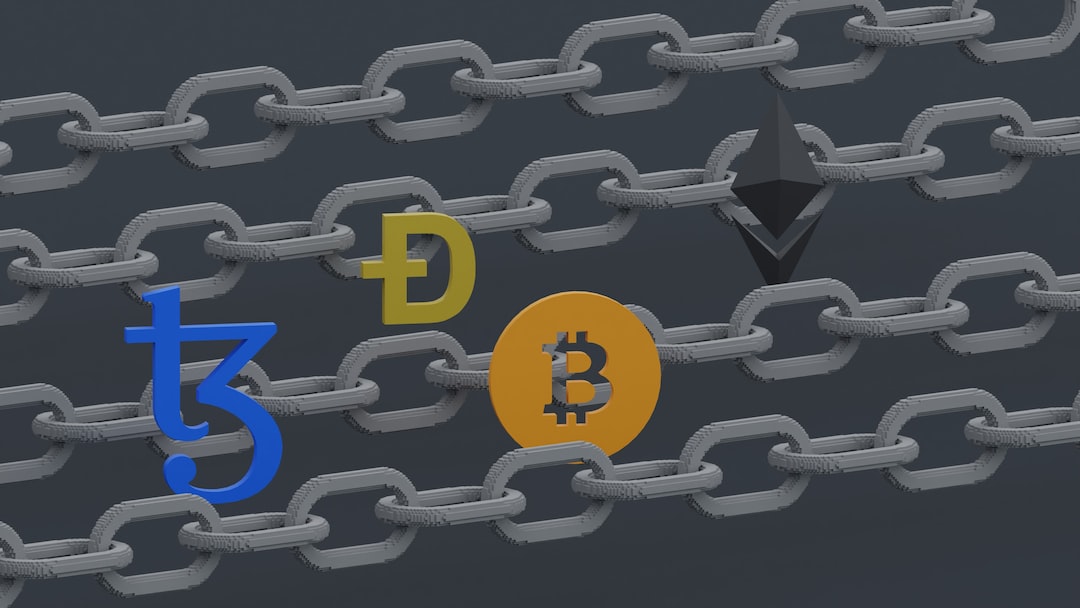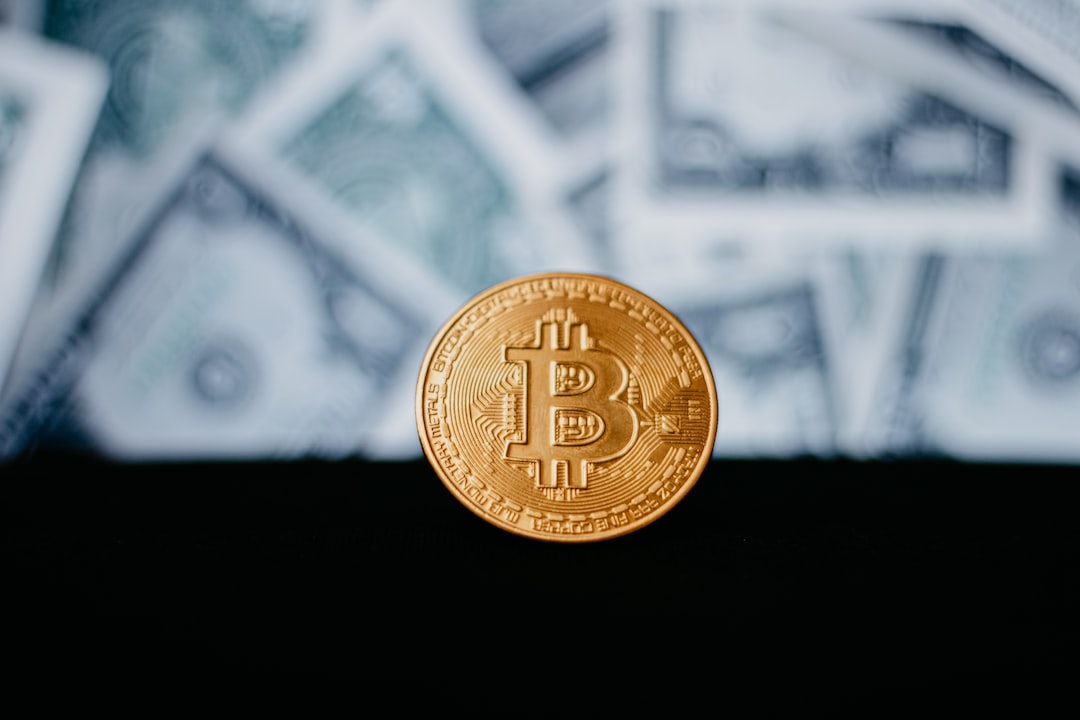Large Financial Companies Embrace Blockchain Technology
Major financial institutions like JPMorgan Chase & Co., HSBC Holdings Plc, and Franklin Templeton are adopting blockchain technology for their operations. Sandy Kaul, the CEO of Franklin Templeton, believes that blockchain has the potential to revolutionize the global financial system, which hasn’t seen a significant overhaul since the 1970s. In an interview with Bloomberg, Kaul highlighted the transformative impact of blockchain and its ability to reengineer the financial markets on a global scale.
Decentralized Technologies Gain Momentum
Financial institutions are witnessing a surge in the adoption of decentralized technologies. Kaul emphasizes the rapid acceleration in technology adoption, stating that it opens up opportunities for reengineering the global financial markets ecosystem. JPMorgan is leading the way with its first decentralized finance deal on a public blockchain and programmable payments through its institutional blockchain platform, JPM Coin. HSBC and Ant Group have also verified tokenized deposits using blockchain technology.
Renewed Interest in Blockchain and Bitcoin ETFs
The interest in blockchain technology has been reignited due to various applications for spot Bitcoin ETFs. In June, eight major US financial institutions started working to provide their customers with access to Bitcoin and other cryptocurrencies. These institutions collectively manage assets worth $27 trillion. However, the Bank of England has raised concerns about increased asset tokenization and its potential impact on financial stability.
Hot Take: The Future of Blockchain in Finance
The adoption of blockchain technology by large financial companies signifies a significant shift in the industry. With the potential to reengineer global financial markets and enable decentralized technologies, blockchain is poised to transform traditional finance. However, challenges remain, including regulatory concerns and potential risks to financial stability. International coordination will be crucial in mitigating these risks and ensuring the seamless integration of cryptocurrencies and traditional markets.





 By
By
 By
By
 By
By
 By
By
 By
By
 By
By